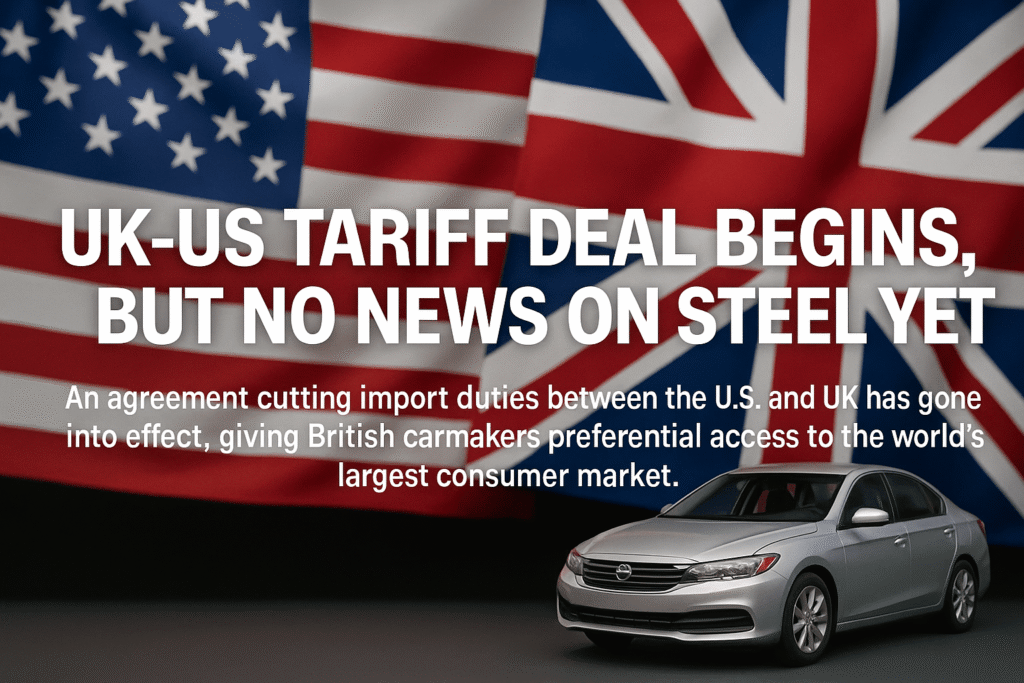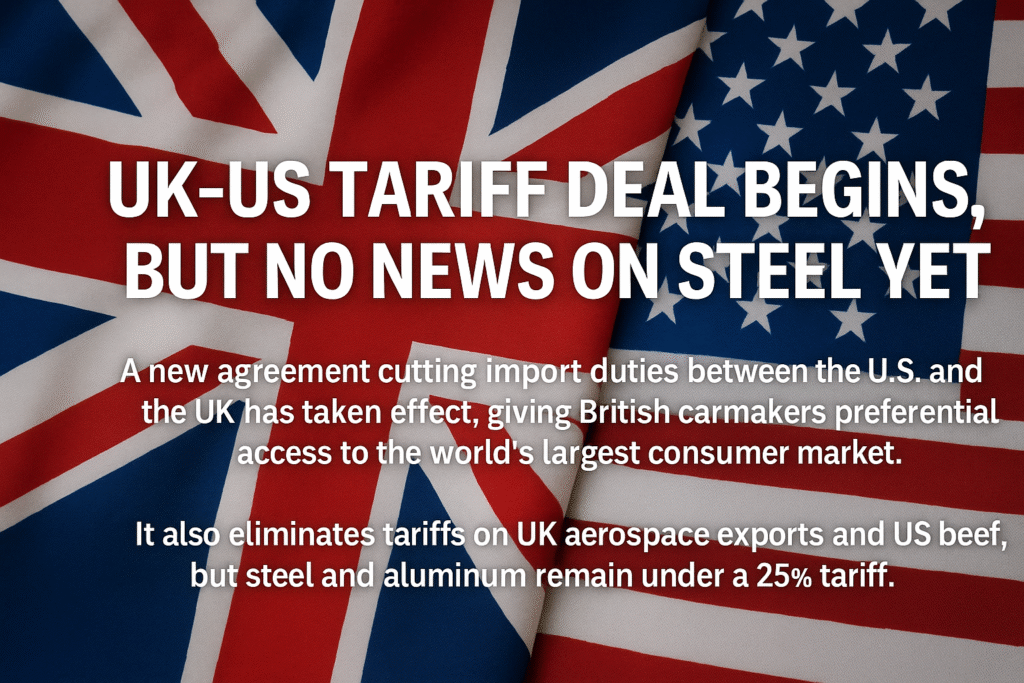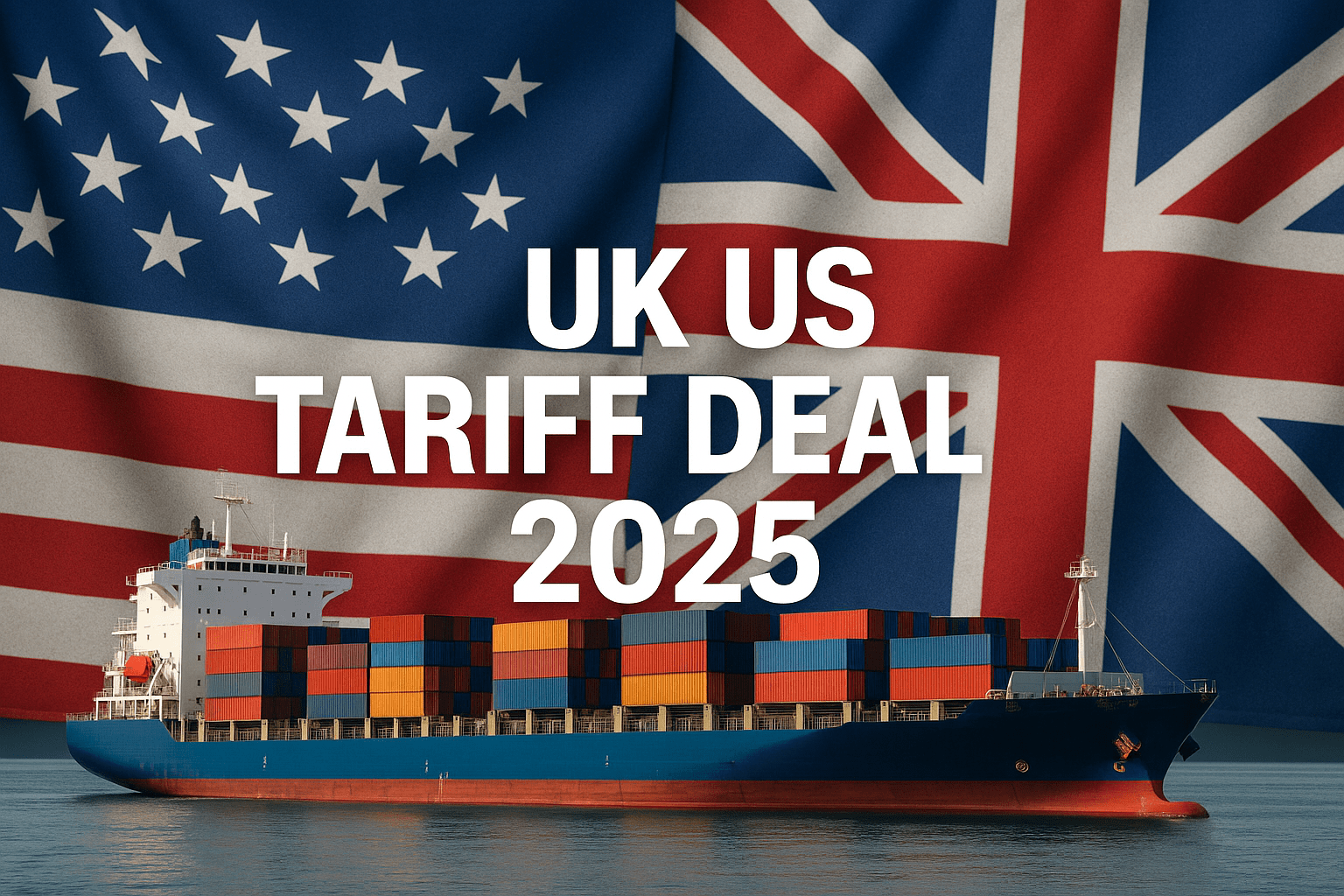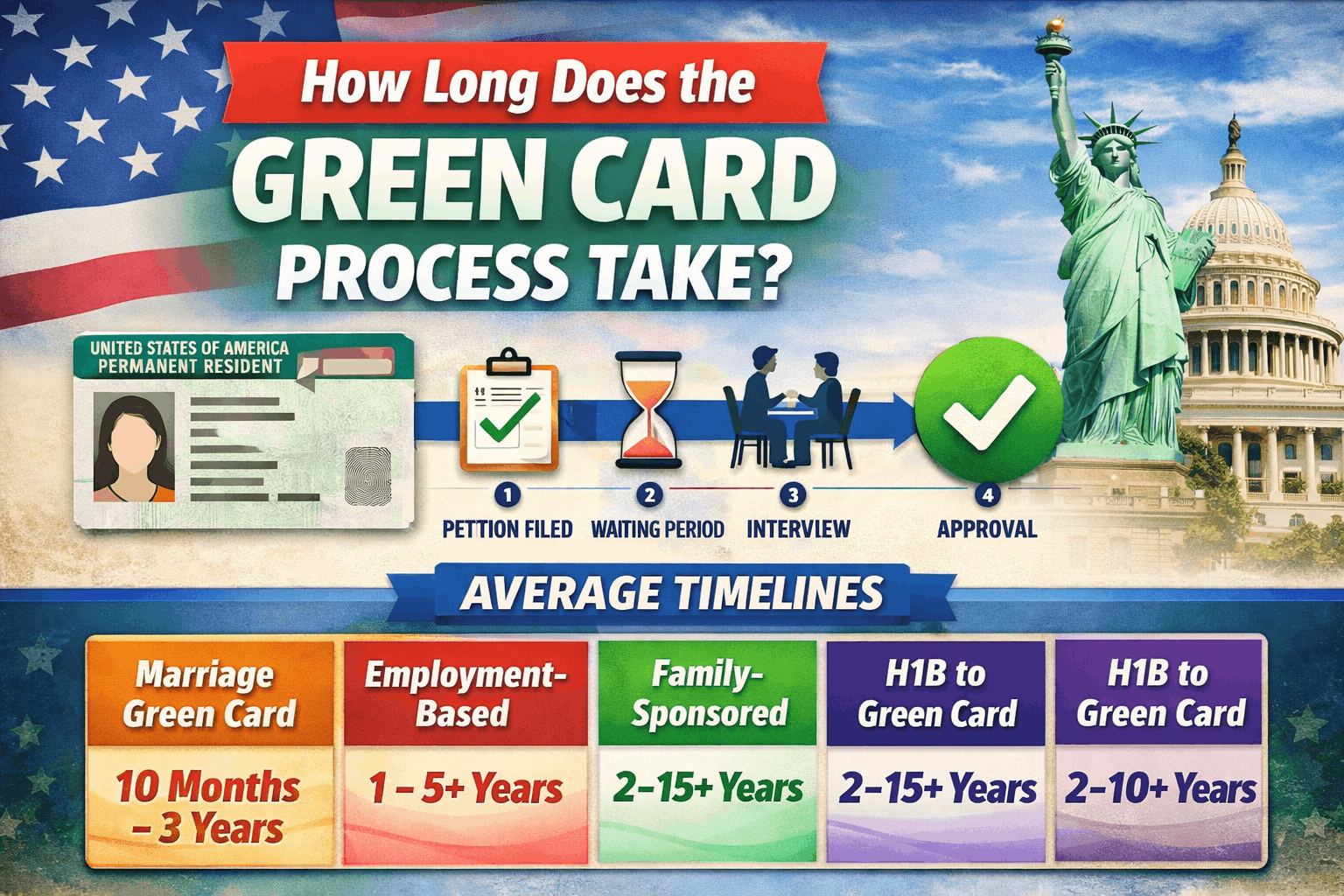|
Getting your Trinity Audio player ready... |
The UK US Tariff Deal 2025 has officially taken effect, marking a significant turning point in the economic relationship between the United Kingdom and the United States. The newly signed agreement delivers a major boost to UK car manufacturers and aerospace exporters while stirring concern across the UK’s steel and bioethanol sectors.
What Is the UK US Tariff Deal 2025?
The UK US Tariff Deal 2025 is a groundbreaking bilateral trade agreement designed to reduce import duties and enhance market access for both nations. The agreement allows British automakers to export up to 100,000 automobiles to the United States each year. at a reduced 10% tariff—far lower than the previous 27.5% rate. This move levels the playing field and offers UK automotive companies a powerful edge in the world’s largest consumer market.
The UK aerospace sector is also welcoming the full elimination of export duties, which will facilitate easier and more lucrative transatlantic trading.
Mutual Benefits and Strategic Trade Moves
In return, the UK has agreed to eliminate tariffs on U.S. beef and ethanol imports. While this decision opens the door to increased trade, it has sparked intense debate within the UK’s agricultural and bioethanol industries. Many argue that competing with heavily subsidized U.S. products could threaten domestic producers, particularly those adhering to stricter UK regulations and environmental standards.
Despite the tension, UK Business and Trade Secretary Jonathan Reynolds emphasized the long-term gains, stating that tariff reductions would save “hundreds of millions” annually and protect “thousands of jobs” in strategic sectors.
The Steel Dilemma: Uncertainty Remains

One of the most pressing issues left unresolved is the steep 25% tariff on UK steel and aluminum exports. If no agreement is reached by the looming July 9 deadline, the tariff could double to an alarming 50%, a move that industry leaders warn would be catastrophic.
The current state of affairs is “deeply frustrating and economically unsustainable,” according to Liam Bates, UK Managing Director of Sheffield-based Marcegaglia, a prominent stainless steel manufacturer. Many exporters are still unsure of the exact fees they will incur upon delivery, even if multimillion-pound shipments are already on their way to the United States.
“This deal helps some sectors, but for us, it’s like gambling blindfolded with millions at stake,” said Bates.
Political Stakes and Trump’s Stance
Former U.S. President Donald Trump, who originally imposed many of these tariffs, has signaled that he is unlikely to extend the negotiation deadline. In a recent Fox News interview, Trump suggested the deadline stands firm but left a narrow window for flexibility, stating, “I don’t think I’ll need to, but I could.”
His hardline approach is pushing trade partners to finalize terms swiftly or face steep penalties.
Consumer and Farmer Concerns Over U.S. Imports
The UK US Tariff Deal 2025 also raises concerns about food safety and regulatory standards. While UK officials insist that hormone-treated beef will not enter the country, some farmers and consumers remain skeptical. Strict certification processes and border checks are being promised, but transparency and enforcement will be crucial to maintain public trust.
Impact on Ethanol and Renewable Energy Market
The deal eliminates the previous 19% import charge and permits up to 1.4 billion liters of U.S. ethanol to enter the UK duty-free. However, UK bioethanol producers argue this decision puts them at a competitive disadvantage, especially against subsidized American counterparts.
Industry insiders are calling for urgent government support and policy clarity to ensure the UK’s renewable energy sector remains viable and sustainable.
What’s Next After the UK US Tariff Deal 2025?

While the UK US Tariff Deal 2025 opens up vast opportunities, particularly in the automotive and aerospace industries, it also highlights the challenges of modern trade policy. Balancing economic growth with domestic protection, environmental standards, and fair competition will be key to ensuring the deal’s long-term success.
As the world watches closely, this historic trade realignment between two global powers could set the tone for future negotiations with other nations. With countries like Thailand and Canada already preparing to renegotiate their terms with the U.S., the ripple effects of this deal may soon reshape global commerce.







